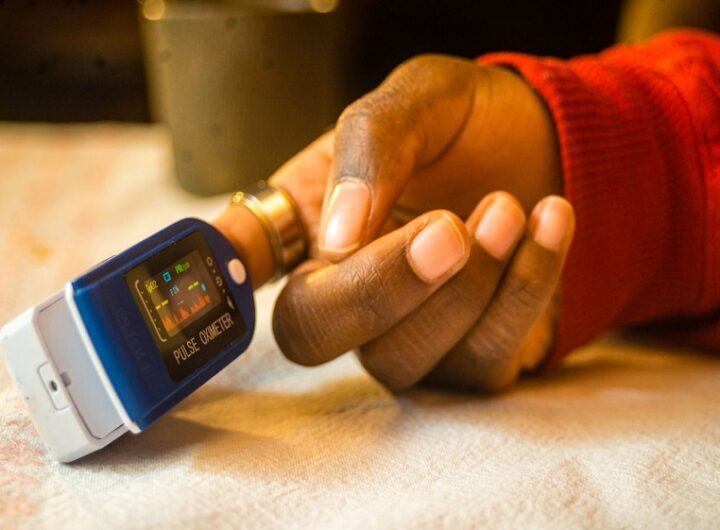
By Sheryl Smolkin and the Sun Life team
Being recently widowed is hard enough. Making important decisions while grieving is even more difficult. This checklist can help you decide what needs to be done first when your spouse dies.
10 things to do when your spouse dies
On the other hand, ensuring the settlement of the estate will take more time. It is often the spouse who acts as liquidator. You don’t have to be a liquidator if you don’t want to. The task can be daunting. If you are not the liquidator, you will not have to take charge of everything.
Settling an estate may require the help of professionals. You may need a notary, an accountant and an advisor. Professionals you already know and appreciate are an obvious choice. Alternatively, you can get recommendations from family and friends. These associations can help you build your team:
Accept help from loved ones.
Your friends and loved ones are also important members of your team. They will surely be happy to help you. Settling an estate takes some time. Being alone to make so many important decisions can be exhausting. Especially since you may have difficulty thinking clearly during this time. Delegate as many tasks as possible. Attend important meetings with a trusted friend. This person will be able to take notes and remember information that you might forget.
Organize the funeral
Has your spouse acquired a cemetery lot or made other pre-arrangements? If If you’re unsure which one to choose, ask a friend to compare the options. Prices and services can vary greatly from city to city and funeral home. After choosing, you will need to meet the funeral director. Take the time to explain what you want for the ceremony and other formalities. You may want to include several keepsakes and photos. There’s no right or wrong way to celebrate your spouse’s life. Do what works for you.
The funeral director will provide a death certificate. Be sure to get several copies. They may be useful to you while you wait to receive the official death certificate issued by your province .
Apply for public plan benefits
The Canada Pension Plan (CPP) or the Quebec Pension Plan (QPP) provides a lump sum death benefit of $2,500. You may also be eligible for survivor benefits and child benefits.
Are you between 60 and 64 years old and your spouse received the guaranteed income supplement (GIS)? You can get the survivor’s allowance . If your spouse was a veteran , other benefits or allowances may be paid.
Be sure to notify CPP, QPP and Old Age Security of your spouse’s death. This will avoid having to repay any overpayment later.
Communicate with your spouse’s employers, recent and former
Was your spouse employed at the time of his death? If so, you may be eligible for accident insurance or group life insurance benefits. Their payment will depend on the cause of death. Retiree life insurance may be in effect. Your spouse may have participated in an employer-sponsored retirement plan or other savings plan. This amount can be paid as a single payment or in monthly installments. Contact your spouse’s former employers to find out if he contributed to pension plans.
Submit the life insurance claim
If you are the beneficiary, contact life insurance companies to submit a claim. A death certificate and other documents may be required for validation purposes.
The money paid to you, the beneficiary, on the death of your spouse (the insured person) is called the death benefit. This money is tax-exempt and separate from the estate. You can receive the amount within 30 days of sending the requested documents.
What kind of life insurance do you need? Watch the video to find out.
You may have access to joint bank accounts. Any account of which your spouse is the sole holder will be blocked. The liquidator will be able to access it when the will is homologated. (Note: In Quebec, the notarial will does not have to be probated.)
You can access your spouse’s account balance if you need it urgently. The bank will probably advance you the necessary sum to cover the funeral expenses if the liquidator presents an invoice.

 From Lab to Lifestyle: How the Science of Quality Assurance in Manufacturing Reliable Supplements Protects Consumers and Businesses
From Lab to Lifestyle: How the Science of Quality Assurance in Manufacturing Reliable Supplements Protects Consumers and Businesses  Top Myths About Pediatric Home Health Care Debunked
Top Myths About Pediatric Home Health Care Debunked  Immunity IV Drips – Your Frontline Defense Against Modern-Day Fatigue, Illness, and Burnout
Immunity IV Drips – Your Frontline Defense Against Modern-Day Fatigue, Illness, and Burnout  Is Vasectomy Painful? What Men Should Know about the Procedure
Is Vasectomy Painful? What Men Should Know about the Procedure  Low Blood Oxygen? These 5 Shocking Causes Might Be Putting You at Risk!
Low Blood Oxygen? These 5 Shocking Causes Might Be Putting You at Risk!  Cardiologists And The Approach To Pediatric Heart Conditions
Cardiologists And The Approach To Pediatric Heart Conditions  The Best Practices For Maintaining Healthy Gums In Willow brook
The Best Practices For Maintaining Healthy Gums In Willow brook